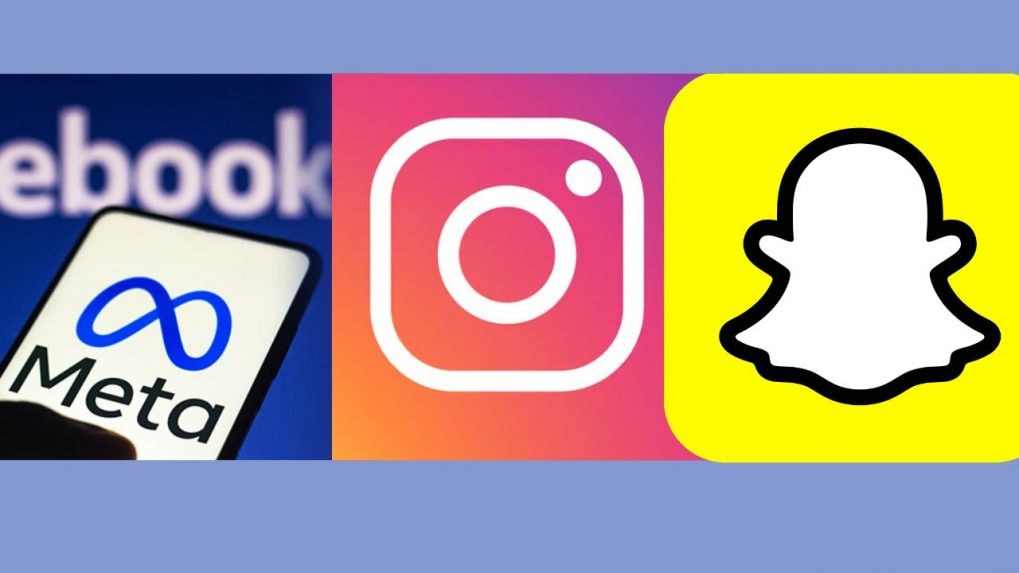How it Works
WPP, Havas, Omnicom: Are advertising’s biggest holdcos recasting agencies as AI Operating Systems?

Meta Platforms CEO Mark Zuckerberg will have to testify in court over allegations that social media platforms, including Facebook and Instagram, have caused mental health harms among younger users, a Los Angeles Superior Court judge ruled on October 20.
Judge Carolyn Kuhl, as per a CNBC report, also ordered Snap CEO Evan Spiegel and Instagram chief Adam Mosseri to testify at the trial, which is set to begin in January 2026.
The decision follows months of legal wrangling between tech companies and plaintiffs who accuse them of designing products that intentionally foster addiction among teens.
“The testimony of a CEO is uniquely relevant, as that officer’s knowledge of harms, and failure to take available steps to avoid such harms could establish negligence or ratification of negligent conduct,” Judge Kuhl wrote in her ruling.
She added that the executives’ testimonies would provide “unique” insights into whether the companies knowingly built addictive features aimed at keeping minors engaged, despite evidence of psychological harm.
The trial is among a growing wave of lawsuits filed against social media giants for allegedly prioritizing engagement and profit over child safety. Plaintiffs argue that features such as algorithmic recommendations, infinite scrolling, and notification loops are deliberately engineered to encourage compulsive use—fueling anxiety, depression, and other mental health challenges in young users.
Earlier this month, New York City filed a similar lawsuit against several social media platforms, accusing them of contributing to a “youth mental health crisis.” In January, CEOs including Zuckerberg testified before the U.S. Senate about safeguarding children online- a session that saw bipartisan calls for stronger regulation.
Meta had sought to prevent Zuckerberg and Mosseri from testifying again, arguing that previous deposition and Senate testimony should suffice. The company claimed compelling both executives to appear in multiple trials would “interfere with business operations” and set a precedent for future litigation.
Snap reportedly made a similar argument, calling the order for Spiegel’s testimony an “abuse of discretion.” The company’s legal team at Kirkland & Ellis said the ruling “does not bear at all on the validity of plaintiffs’ claims,” and maintained that previous depositions and other executive testimonies were sufficient.
“While we believed that the previous hours of deposition testimony and numerous other executives who may testify was sufficient, we look forward to the opportunity to explain why Plaintiffs’ allegations against Snapchat are wrong factually and as a matter of law,” the firm said in a statement to CNBC.
The upcoming trial could prove pivotal in determining how much legal responsibility social media companies bear for the psychological and behavioral impact of their products on minors- a question that could reshape how platforms are designed, marketed, and regulated in the years to come.
From purpose-driven work and narrative-rich brand films to AI-enabled ideas and creator-led collaborations, the awards reflect the full spectrum of modern creativity.
Read MorePraveen Someshwar, Managing Director and CEO of Diageo India, joins the Grand Jury of the Storyboard18 Awards for Creativity, highlighting the awards’ focus on work that blends cultural relevance with strategic and commercial impact.